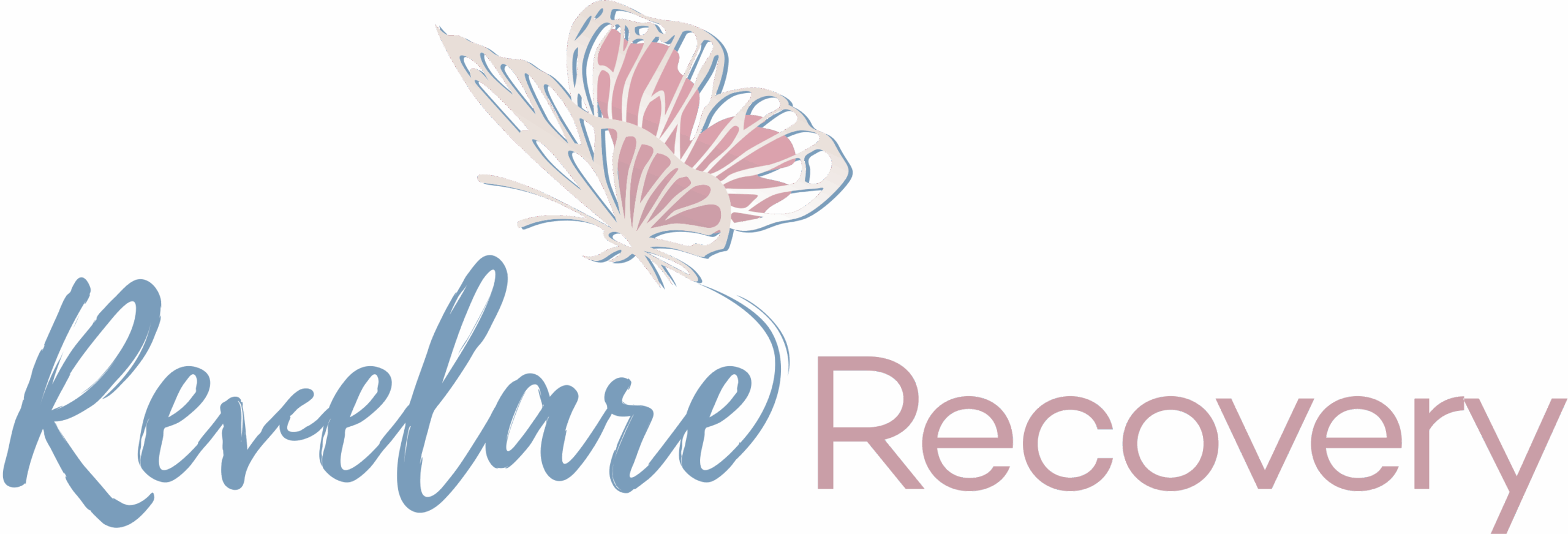Substance Use Disorder (SUD) is a complex and chronic mental health condition characterized by the compulsive use of substances despite harmful consequences to one’s health, relationships, and responsibilities. Early recognition of Substance Use Disorder Symptoms is critical in preventing the condition from worsening and in providing timely, effective treatment. Whether you’re concerned about yourself or someone close to you, understanding the symptoms can be the first step toward recovery.
In this article, we’ll explore the various Substance Use Disorder Symptoms, from behavioral and emotional changes to physical warning signs. We’ll also discuss how these symptoms progress over time and what treatment options are available. Gaining clarity about SUD is essential to making informed decisions and finding the support needed to heal.
What is Substance Use Disorder?
Substance use disorder is a disorder that involves using one or more substances and the consequent negative impact or psychological distress. Such substances can contain alcohol, doctor-prescribed drugs, or other prohibited substances such as drugs. Since SUD is a psychoactive substance, it can affect the brain in aspects such as mood and cognition of a person.
Common Symptoms of Substance Use Disorder
The symptoms of SUD depend on the substance used and the general health status of women. However, some common signs include:

Behavioral Symptoms
- Impaired Control: The inability to cut down on or stop the consumption of a substance despite the effort made in the same direction.
- Social Problems: Failing to fulfill obligations at a place of employment, in school or in the home because of substance use.
- Risky Behavior: Putting one’s life at risk through performing perilous stunts while intoxicated.
- Tolerance: Requiring more of the substance to elicit the desired effect normally present in small quantities.
- Withdrawal: Feeling withdrawal effects which are physiological or psychological when attempting to cut down on or abstain from the substance.
- Cravings: Cessation of substance use leads to withdrawal symptoms.
- Isolation: Avoiding contact with friends, and family, and avoiding any social interaction.
- Changes in Mood: Feeling grumpy or weepy, or having other mood changes.
- Denial: Denial is where the person affected by the problem denies that it exists or that it has an influence on her life.
Physical Symptoms
- Changes in Appearance: Not bathing, the sudden change in their weight or loss of weight or gain, drug use, or having needle marks.
- Health Problems: Potential of high susceptibility to infections, liver disorders, heart diseases, and many more health complications.
- Sleep Disturbances: Sleeping disorders: either inability to sleep or excess sleep.
- Changes in Appetite: Being easily frustrated, irritated, or moody, changes in appetite and weight or showing less interest in food.
The Impact of Substance Use Disorder
Substance use disorder is one of the most destructive illnesses that can affect people, families, and society. It results in job loss, monetary difficulties, relationship strain, and legal troubles. Further, it escalates the chances of accidents, violence, and overdose.
Seeking Help for Substance Use Disorder
If you or a loved one experiences substance use disorder, this is a critical warning sign that they need to seek help from a professional through therapy, medication, and substance abuse and support groups.
Therapy and Counseling
Psychotherapy and counseling remain essentials for the SUD patient. CBT, DBT, and MI are some of them that can be used in treating BPD effectively. These therapies aid people in identifying the causes of substance use, learning ways of handling these causes and establishing support systems.
Medication-Assisted Treatment (MAT)
MAT entails the process of prescription medication to help with the reduction of craving and withdrawal syndromes. This approach is widely applied to opioid and alcohol dependence disorders. The most commonly prescribed medicines include methadone, buprenorphine, and naltrexone, given together with counseling and support.
Support Groups
SUD can benefit from support groups like AA or NA where one is surrounded by like-minded people who struggle with the substance. These groups help clients find support within their families and friends as well as make them accountable for their behavior—all of which are crucial for sustainable change.
Inpatient and Outpatient Programs
In the meantime, inpatient, also known as hospitalization, activities seem to be more active, in contrast, full-time treatment seems to be seen as very important; nevertheless, the activities that outpatient services provide the client with are completely different types of activities that do not include treatment. Instead, there is opportunity for both sides, and this depends on the severity of the disorder or the necessity of the client.
Alcohol dependence is a chronic disease which has potential to yield very poor health status. In this regard, it is possible to mention some of the vital early signs and symptoms that will help a person to get proper treatment and early recovery. Understanding the behavioral, physical, and emotional impact of SUD will help a person or loved one to seek the necessary assistance that they need.
Revelare Recovery focuses itself as a center of excellence that provides adequate treatment for women who have cases of substance use disorders and eating disorders. At Revelare Recovery, the team working with the patients is made up of experienced and competent personnel with the ability to offer clients the needed environment that would enable them to face the substance dependency issue, as well as other factors that made them turn to substances as a way of solving other issues, handle the situation differently by disclosing other ways of solving the problem.

Don’t wait. If you or your close one is a victim of SUD, then you should consider consulting us now. Visit Revelare Recovery or call us at (404) 620-5169 to learn more about the women’s specific programs that we have and how we can assist you in the process of recovery.
Disclaimer: This blog post is intended for informational purposes only and does not constitute medical advice. If you are concerned about substance use, please consult with a healthcare professional.
